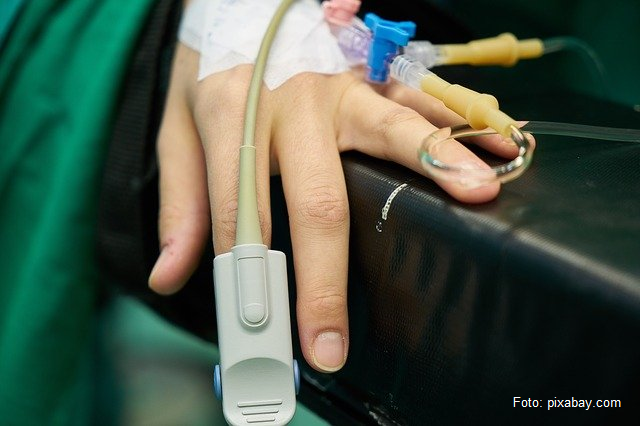Measures to curb hospital pressure
Confronted with the worst epidemiological crisis since the start of the pandemic, Romania is looking for solutions to curb hospital pressure

Corina Cristea, 11.10.2021, 14:00
Romania is facing the worst epidemiological crisis
since the start of the pandemic, a situation Romanian medical authorities
describe as the one reported by Italy in the first months of the pandemic, when
the entire health system was overrun. Last week marked a number of negative
records – over 15,000 cases reported within the space of 24 hours, the
largest number of daily fatalities – 357 – since the start of the pandemic, and over
16,000 patients in hospitals, of whom 10% in intensive care. Doctors say the
number of patients awaiting intensive care treatment is much larger, and that
patients are temporarily admitted in emergency and other specialty wards.
Healthcare professionals say COVID-19 units are a genuine battleground, involving
a workload and rhythm that drain their efforts. Experts warn that COVID
patients are contacting their physicians in late stages, after having developed
severe forms of the disease in very short periods of time.
On the other hand,
the emergency ambulance services claim they are overcrowded, which reflects
back on response times. In order to curb hospital pressure, the authorities decided
to render two modular hospitals operational, one in the northeast, in Leţcani, near Iaşi, the
other in the capital city’s Pipera district. The modular hospital in Leţcani
was opened on Saturday, and is being coordinated by a team of military physicians.
Starting Tuesday, the hospital will start admitting COVID patients, because the
authorities considered it takes a reasonable amount of time before quality medical
services can be provided. For starters, the hospital will include a six-bed
ward where patients in critical condition will be treated. To function at full capacity, the
unit needs 60 nurses and 18 doctors. Meanwhile, the modular hospital in Pipera will
be able to admit 100 COVID patients in the first phase, and within the next two
weeks an additional 374 beds with oxygen delivery systems will be made available.
In order to cope with the fourth wave of the pandemic, Romania has called for
support under the European Civil Protection Mechanism. Therefore, the
Netherlands and Poland have sent 250 oxygen concentrators, while neighboring
Hungary said it is willing to take in any surplus of patients.
In another development,
starting next month the Regeneron antibody COVID therapy will reach hospitals
in Romania. The treatment uses a mix of monoclonal antibodies that emulate the human body’s immunity response, and was used to treat former US president, Donald Trump. Earlier
this month the therapy was analysed by the European Medicine Agency. The only
way to end the pandemic is vaccination, experts and the authorities recall.
More and more Romanians have opted for vaccination against the backdrop of an
alarming surge in daily numbers of infection. (VP)






























